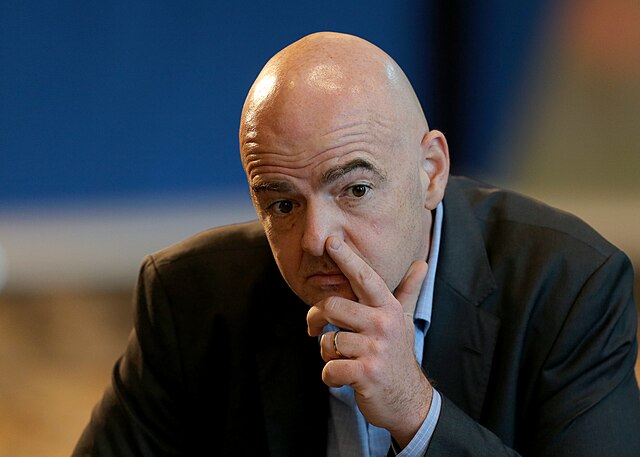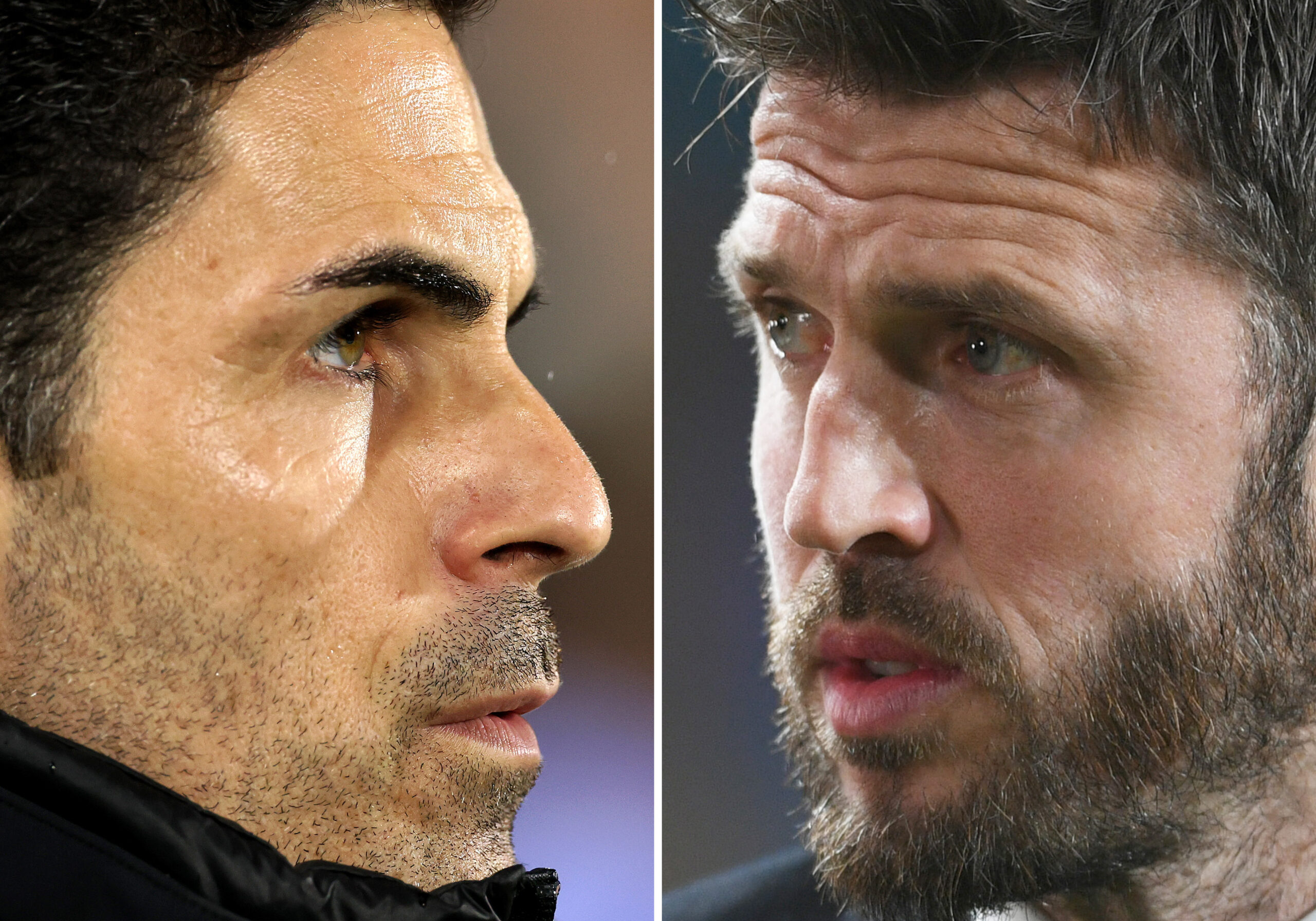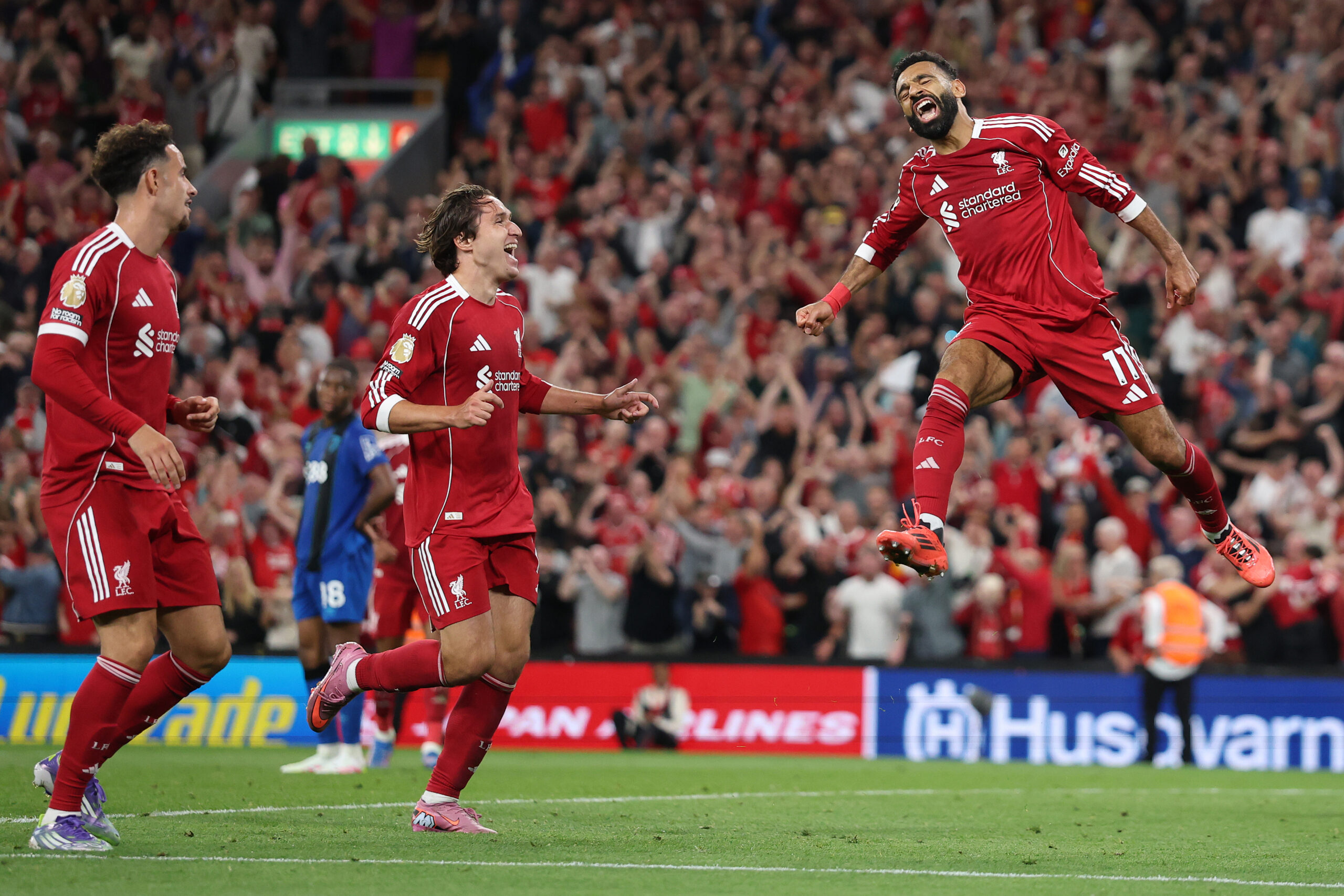Ah, Gianni Infantino, the man who swooped in to save FIFA’s reputation after the myriad corruption scandals of predecessor Sepp Blatter, only to mold it into his own personal playground. He took over in 2016, claiming he would restore FIFA’s credibility and transparency, but what we really got was a slick salesman with an insatiable appetite for power. With every speech about “growing the game globally,” it became clearer that Infantino’s true mission was to grow his influence and keep the gravy train rolling for those in his inner circle. He didn’t just survive FIFA’s murky waters—he thrived in them.
The 2022 Qatar World Cup revealed just how canny an apex predator Gianni was. Here was a desert country with no significant football history and searing summer temperatures hosting the shiniest jewel in football’s crown, but hey, “football is for everyone,” as Infantino declared. Except for the exploited migrant workers who built the stadiums, of course. “I feel Qatari, I feel Arab, I feel African, I feel gay, I feel disabled,” he said, in a bizarre press conference where he claimed to embody all the world’s marginalized groups—right before proceeding to dismiss human rights concerns. It was like watching a Bond villain deliver a monologue about how he’s misunderstood right before firing the laser at your privates.
Bigger is Better!
Then there’s his brilliant idea to expand the World Cup to 48 teams starting in 2026. Across 16 cities. In three different countries. Over 39 days. Sure, he sold it as a move for inclusion, giving more nations a shot at football’s biggest stage. But we all know the real game here: votes. More teams = more countries, which equals more federation presidents voting to keep Infantino in power. Who cares if the tournament loses its competitive edge or becomes an exhausting logistical nightmare? As long as the TV rights deals and sponsorships keep pouring in, Gianni will be there, flashing that trademark grin and telling us it’s all for the good of the sport.

Image Credit: “Gianni Infantino (2016-04-21)” by Пресс-служба Президента России is licensed under CC BY 4.0.
Then there’s the 2030 World Cup announcement, where Infantino’s genius hit new heights. Celebrating the 100th anniversary of the World Cup, he awarded the tournament to an unprecedented three continents: Spain, Portugal, and Morocco, with Uruguay, Argentina, and Paraguay hosting the opening matches. A grand celebration of football’s global reach, right? Wrong. It was more of a preemptive strike to clear the path for Saudi Arabia to host the 2034 World Cup. By locking down 2030, Infantino ensured there wouldn’t be much competition for 2034, practically handing it to Saudi Arabia on a silver platter. It was political chess at its finest, making sure that FIFA’s favored benefactors were well taken care of.
And of course, Infantino had to defend this questionable decision with his usual flair. When asked about Saudi Arabia’s human rights record, he fell back into well-worn Qatari talking points like “FIFA is about football, not politics,” but at least this time he spared the reporters and hour-long rant. If anything, FIFA under his watch has become as much about politics as it is about the game. But then again, why worry about trivial things like human rights when there are billions to be made in sponsorships and infrastructure deals?

“Rusia entregó el relevo de la antorcha de la Copa del Mundo a Qatar” by Russian Presidential Press and Information Office is licensed under CC BY 4.0.
As if that weren’t enough, Infantino’s plans for more frequent World Cups continue to loom. He’s floated the idea of a biennial tournament, arguing it would help spread the joy of football to every corner of the globe. What he really means, of course, is that it would spread the joy of FIFA’s bank account growing at twice the speed. Who cares if the players are exhausted? Who cares if the World Cup loses its unique allure? Gianni’s vision is two-fold and simple: short-term profits and long-term control.
Infantino’s FIFA isn’t just a football organization—it’s his personal empire. He’s made sure the World Cup is nothing better than a tool for political maneuvering and financial gain. It’s as if he’s the villain of a blockbuster film, calmly orchestrating everything from behind the scenes while monologuing “it’s all for the love of the game.” Except, unlike in the movies, there’s no hero (dramatic or comedic) in sight to stop him.





